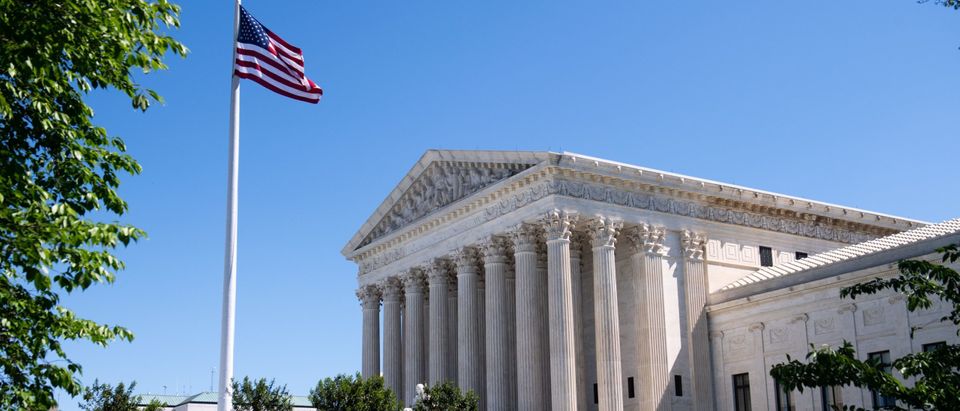In the wake of the Supreme Court’s ruling that California may not require nonprofit organizations to disclose highly personal information of donors, media outlets have rushed to present the case as being a victory for conservative nonprofits alone. That myopic view of the case at hand, however, completely ignores the fact that nonprofits from across the political spectrum took issue with California’s law.
Take The New York Times, a usual suspect of late when it comes to misleading presentations of issues, which framed the Court’s decision as “siding with conservative groups.” Apparently, organizations such as NARAL Pro-Choice, PETA, the Southern Poverty Law Center, the ACLU, and the NAACP, all organizations that filed amicus (or “friend of the court”) briefs opposing the California rule, are “conservative” groups.
Many conservative groups, including mine, the National Taxpayers Union Foundation, also filed amicus briefs, and the lead plaintiff in the case was the Americans for Prosperity Foundation, a right-leaning nonprofit. But the fact remains that California’s requirement attracted opposition from an array of nonprofit organizations that can hardly agree on anything else.
Despite being frequently referred to as a “law,” the rule at issue was never passed by the legislature. Instead, it dates back to current Vice President Kamala Harris’s term as Attorney General of California, when she began requiring organizations operating in the state to disclose to the state both the names and addresses of all donors who gave more than $5,000 or 2% of the organization’s total donations.
Specifically, Harris’s office began enforcing a requirement to file an unredacted copy of the IRS Schedule B form that included the aforementioned donor information. Nonprofit organizations were hesitant to do this, given that the California Attorney General’s office has proved incapable of protecting the confidentiality of this information — the majority’s opinion in the case cites nearly 2,000 versions of this information that had been inadvertently posted to the attorney general’s website. Tens of thousands more could be accessed by simply changing a digit in the URL.
There are many reasons why donor information becoming public could have a chilling effect on free speech. Unfortunately, there are plenty of people willing to translate political disagreement into harassment, leaving donors good reason to fear heckling and even violence should even the most seemingly innocuous donations become public knowledge. One need only look at the 2017 Congressional baseball game shooting to see this.
But while that event targeted Republicans, left-wing groups that opposed the California rule recognized that harassment and targeting of donors can go both ways. Neither right nor left has a monopoly on violent extremism, and thus groups of all ideological persuasions deserve certainty that their financial information won’t become public knowledge.
But it’s not just violence. Harassment imposes a chilling effect on free speech as well. One need not dig far in American history to see Americans fired or blacklisted for real or perceived views. Americans that dream of consequences for people who donate to organizations they disagree with should remember that such a standard can be easily turned against them. That fact is what led to a pan-ideological alliance against California’s dangerous requirement.
Though far from perfect, all Americans benefit from a free and open marketplace of ideas. California was wrong to force charitable organizations to hand over their donor lists, and the Court was right to listen to nonprofits across the ideological spectrum and strike California’s regulation down as “facially unconstitutional.”
Andrew Wilford is a policy analyst with the National Taxpayers Union Foundation, a nonprofit dedicated to tax policy research and education at all levels of government.


